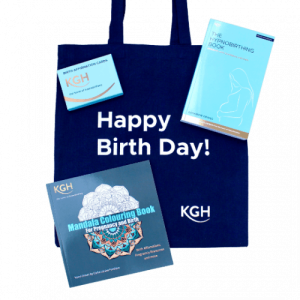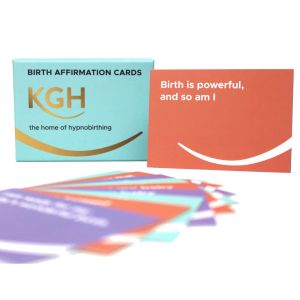For thousands of years, herbs have been used to ease a woman’s path through pregnancy, labour and birth. Recently much research has been done, and herbal remedies are still effectively used in childbirth:
1. Morning Sickness
Ginger Root, Lemon Balm, Chamomile
Ginger Root can be grated into a cup and boiling water added to make a tea. Leave to infuse for 5 to 10 minutes and add honey if required. This can be taken 3 or 4 times a day.
If anxiety is part of the problem, Lemon Balm (Melissa) or Chamomile can be very effective. Both make soothing teas, or they can be mixed with ginger root as well.
We also have a more detailed article about pregnancy sickness here which also includes a free audio to download which we have created to help you control your sickness all the way through your pregnancy.
And, although not strictly a herb, P-5-P (Pyrodoxyl-5-Phosphate – a form of Vitamin B6) can be a very effective remedy if you are suffering from morning sickness. This doesn’t seem to be well known, but it can work well.
2. Heartburn and Indigestion
Meadowsweet, Slippery Elm, Chamomile
As the baby grows, it pushes upwards, which can result in heartburn and indigestion. Slippery Elm coats the lining of the oesophagus and stomach and so helps to protect these areas from acid attack. Going more to the root of the problem, Meadowsweet can help prevent the overproduction of stomach acid, and there is also the gentle Chamomile which calms and sooths the stomach.
3. Stretch Marks
Wheatgerm Oil, Mandarin, Frankincense
A combination of 50 mls of Wheatgerm Oil with 10 drops of essential oil of Mandarin and 15 drops of essential oil of Frankincense makes a delightfully soothing combination to keep the abdomen supply and elastic. Massage into the tissues of the abdomen twice a day.
Aloe Vera gel can be very helpful too. A wonderful healing remedy.
4. Labour
Fenugreek, Black Cohosh, Raspberry Leaf
Fenugreek stimulates the muscles of the uterus and can help to bring on labour. Do not use during pregnancy. Black Cohosh is known to increase and normalise uterine contractions, as well as relieving any nervousness experienced before or during labour. It can also be used to help the cervix to dilate and is thought can help prevent post partum haemorrhage. Raspberry Leaf Tea can also be effective as a uterine stimulant to help tone the muscles ready for labour and to aid recovery after the birth, as well as helping to prevent post partum haemorrhage. You can take this from 37 weeks of pregnancy. Do not that if there is a history of miscarriage, you should not take during pregnancy.
NB Do not use these herbs to ‘try to make the baby come’ just because your pregnancy is longer the ‘due date’ at 40 weeks or the average length of pregnancy of 41 – 41.5 weeks. Your baby knows when it is ready.
5. After the Birth and Breast Feeding
Vervain
Vervain has many excellent properties to help the new mother. It encourages the secretion and flow of milk and so helps the establishment of breast feeding. If you’re tired after a long labour, it has excellent restorative powers, as well as enhancing mood and combating depression. Vervain also helps you to absorb the nutrients from food better and stimulates the digestive processes.
Do not that it is always wise to do your own research and to consult a health professional before taking these or any other products during pregnancy.









